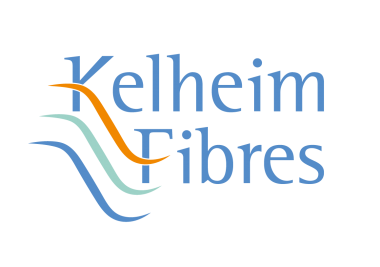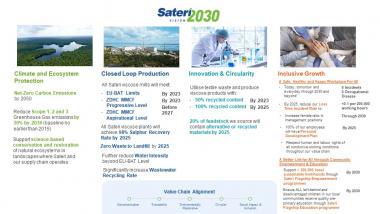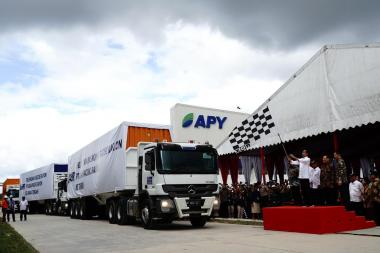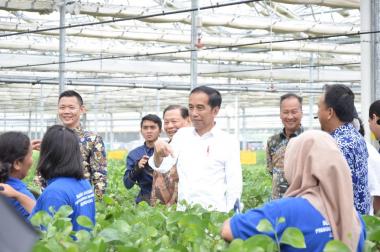Kelheim Fibres Partner in ETP-Programmen „Bio-Based Fibres“ und “Circular Economy”
Der bayerische Viskosespezialfaserhersteller Kelheim Fibres ist Partner der European Technology Platform for the Future of Textiles and Clothing (ETP) in zwei strategischen Programmen: „Bio-Based Fibres“ und „Circular Economy“.
Im Sinne der immer wichtigeren Nachhaltigkeitsdiskussion vollziehen sich gerade fundamentale Veränderungen innerhalb der textilen Kette. Dem tragen die jeweils dreijährigen Programme „Bio-Based Fibres“ und „Circular Economy“ des ETP Rechnung. Es geht darum, Schlüsselfiguren aus Industrie und Forschung zusammenzubringen und gemeinsam eine Langzeitstrategie zu entwickeln, um die nachhaltige Neuausrichtung der Europäischen Textilindustrie aktiv zu gestalten.
„Wir stellen seit beinahe 85 Jahren bio-basierte Fasern her – sie bestehen aus dem nachwachsenden Rohstoff Holz und sind am Ende ihres Lebenszyklus vollständig biologisch abbaubar. Als Alternative zu erdölbasierten Materialien finden diese Fasern mehr und mehr Anklang in den verschiedensten Einsatzgebieten. Das liegt auch daran, dass wir unsere Spezialfasern während des Produktionsprozesses ganz gezielt mit den jeweils geforderten Eigenschaften funktionalisieren können. Im Hinblick auf die Performance müssen sie sich nicht hinter synthetischen Materialien verstecken“, erklärt Dr. Marina Crnoja-Cosic, Leiterin der Abteilung New Business Development bei Kelheim Fibres.
Zu Kelheims Nachhaltigkeitsanspruch gehört aber auch, den gesamten Lebenszyklus der Produkte zu betrachten. Wenn aus einem Textil am Ende seines Gebrauchs der Rohstoff für neue Fasern und neue Produkte entstehen kann, ist das für Crnoja-Cosic ein großes Plus in Puncto Nachhaltigkeit. „Wir wollen das Bestmögliche – biobasierte Fasern UND Kreislaufwirtschaft sind der Weg dahin.“
Contact Kelheim Fibres










